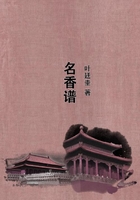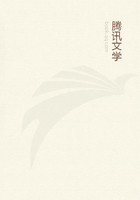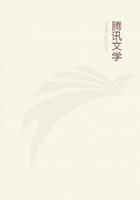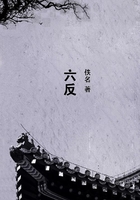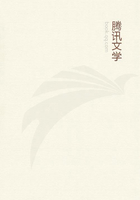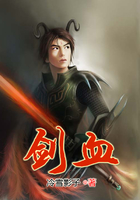THE STUDENTS AT WORK AND PLAY
The safest general statement which can be made about Wellesley students of the first forty years of the college is that more than sixty per cent of them have come from outside New England, from the Middle West, the Far West, and the South. Possibly there is a Wellesley type. Whether or not it could be differentiated from the Smith, the Bryn Mawr, the Vassar, and the Mt. Holyoke types, if the five were set up in a row, unlabeled, is a question. Yet it is true that certain recognizable qualities have developed and tend to persist among the students of Wellesley.
Wellesley girls are in the best sense democratic. There is no Gold Coast on the campus or in the village; money carries no social prestige. More money is spent, and more frivolously, than in the early days; there are more girls, and more rich girls, to spend it; yet the indifference to it except as a mechanical convenience, a medium of exchange and an opportunity for service, continues to be naively Utopian.
But money is not the only touchstone of democratic sensitiveness.
At Wellesley there has always been uneasiness at the hint of unequal opportunity. When the college grew so large that membership in the six societies took on the aspect of special privilege, restiveness was as marked among the privileged as among the unprivileged, and more outspoken. The first result was the Barn Swallows, a social and dramatic society to which every student in college might belong if she wished. The second was the reorganization of the six societies on a more democratic and intellectual basis, to prevent "rushing", favoritism, cliques, and all the ills that mutually exclusive clubs are heir to. The agitation for these reforms came from the societies themselves, and they endured with Spartan determination the months of transitional misery and readjustment which their generous idealism brought upon their heads.
Enthusiasm for equality also enters into the students' attitude toward "the academic", and like most enthusiasts, from the French Revolution down, they are capable of confusing the issue. In the early days, they were not allowed to know their marks, lest the knowledge should rouse an unworthy spirit of competition; and of all the rules instituted by the founder, this is the one which they have been most unwilling to see abolished. Silent Time they relinquished with relief; Domestic Work they abandoned without a pang; Bible Study shrank from four to three years and from three to two, and then to one, almost without their noticing it. But when, in 1901, the Honor Scholarships were established, a storm of protest burst among the undergraduates, and thundered and lightened for several weeks in the pages of College News. And not the least vehement of these protestants were the "Honor girls" themselves. To see their names posted in an alphabetical list of twenty or more students who had achieved, all unwittingly, a certain number of A's and B's throughout their course, seems to have caused them a mortification more keen than that experienced by St. Simeon Stylites on his pillar. But that the college ideal should be "degraded" pained them most.
There was something very touching and encouraging about this wrong-headed, right-hearted outburst. After the usual Wellesley fashion, freedom of speech prevailed; everybody spoke her mind.
In the end "sweetness and light" dispersed the mists of sentiment which had assumed that to acknowledge inequality of achievement was to abolish equality of opportunity, and burned away the ethical haziness which had magnified mediocrity; the crusaders realized that the pseudo-compassion which would conceal the idle and the stupid, the industrious and the brilliant, in a common obscurity, is impracticable, since the fool and the genius cannot long be hid, and unfair, since the ant and the grasshopper would enjoy a like reward, and no democracy has yet claimed that those who do not work shall eat. When in 1912 the faculty at last decided to inform the students as to all their marks, the news was received with no protest and with an intelligent appreciation of the intellectual and ethical value of the new privilege.

